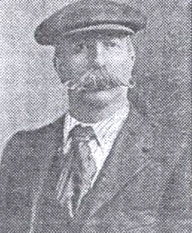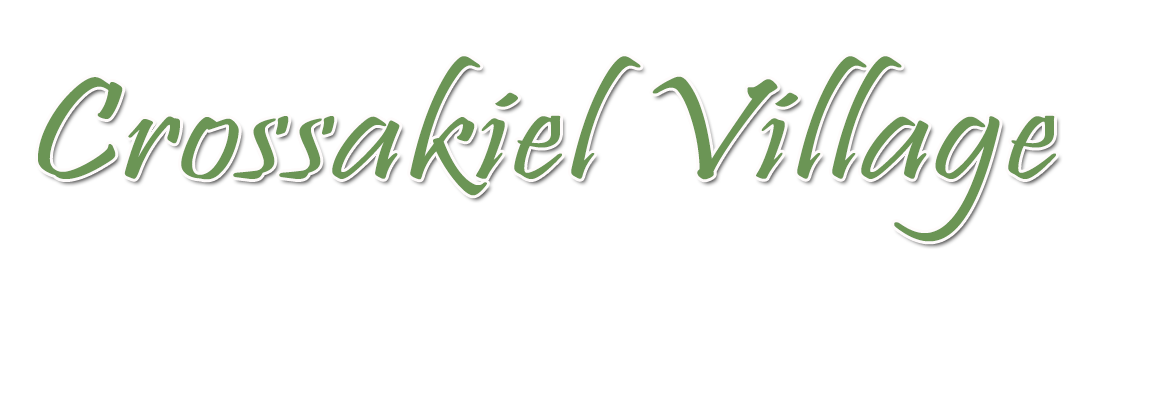Jim Connell was born on 27th March 1852 in a farmhouse at McCormacks yard, Rathniska, Kilskyre. Jim was the eldest son born to Thomas Connell and Ann Shaw.
Prior to the outset of the famine of 1845, the Connell’s owned most of the land around Rathniska, (approximately 90 irish acres) when the famine was at its worst, scores of destitute people were sheltered and given sustenance at the Connell home. A short distance away at Robinstown House a married daughter of the Connell’s, Mrs O’Reilly, turned her entire house into a haven for the ill and the starving. 
The famine finished the Connell’s as prosperous farmers. Their cattle and crops were seized in lieu of rent and gradually they lost their lush green fields. Most of the family emigrated, but Jim’s father Thomas, remained on what had become, in the space of twenty years, a small holding.
In 1862 Thomas Connell moved to Birr in Co Offaly, where he worked for the Earl of Rosse. Jim Connell’s first political activity began in Birr where he developed an interest in land agitation and was sworn into the Irish Republican Brotherhood.
At the age of 18, Jim Connell moved to Dublin where he obtained work as a casual docker. He soon met a much travelled socialist named John Lange from the Oldcastle area, who was very influential in expanding Connell’s views. Connell became involved in attempts to unionise Dublin’s docks and as a result he was blacklisted from all port jobs. He failed to find any other form of employment and so it was that he left for London in 1875. Connell had a brother who was active in the Bridge Street Bakers Society Dublin, another brother Canon O’Connell lived in Scarborough. Jim Connell married in 1882 to an English woman, Catherine Angier in London. They had one daughter, Norah, from marriage but separated when their daughter was thirteen.
Connell spent short spells in Glasgow and Edinburgh. He worked at a variety of jobs throughout his life, the last 20 years as Secretary of the Workingman’s Legal Aid Society in London. He was an accomplished journalist and his publications include “Brothers at Last”, “A Centenary Appeal to Celt and Saxon”, “Socialist and the Survival of the Fastest”, “The Truth about the Game Laws” and “Confessions of a Poacher”, which sold 50,000 copies in several editions.
Connell was an Irish emigrant and his interest in his native land was expressed mainly by his involvement in setting up the Irish Land League in Britain with his friend Michael Davitt and until his death he remained its Honorary secretary. He became advisor to the Ballinlough “Back to the Land” 1918/1921 Committee set up to acquire lands from landlords in the area. Under Connell’s guidance they achieved success in many areas including Ballyhist, Clonabraney, Kingsmountain, Bellview, Distanrath, Rahard and Deerpark.

